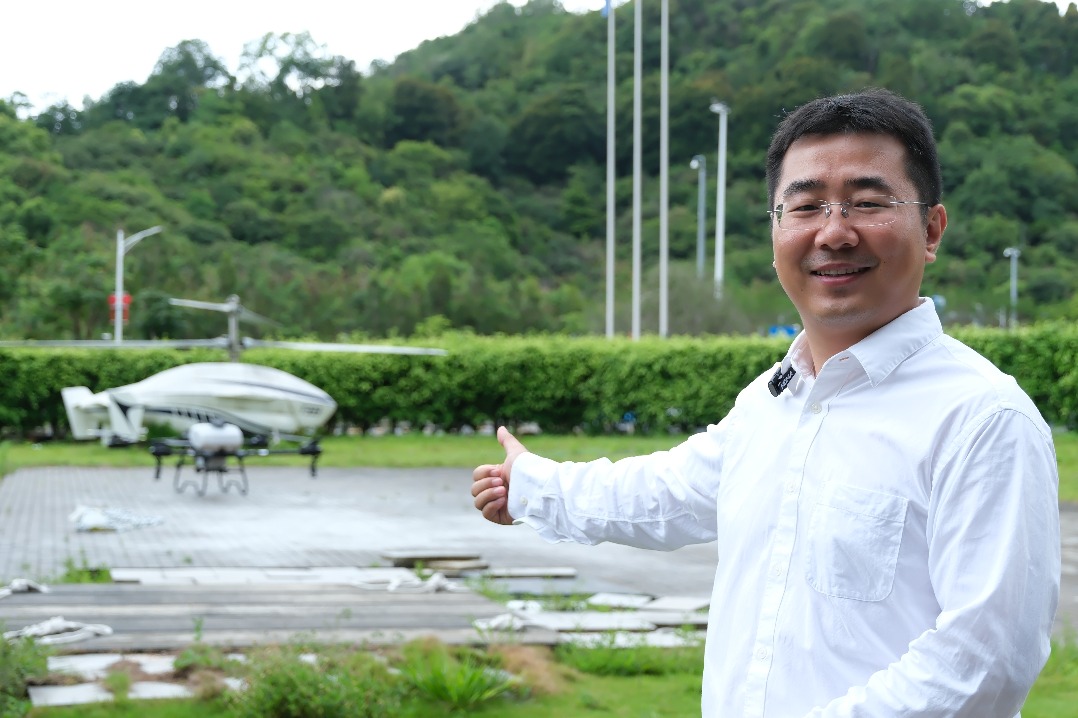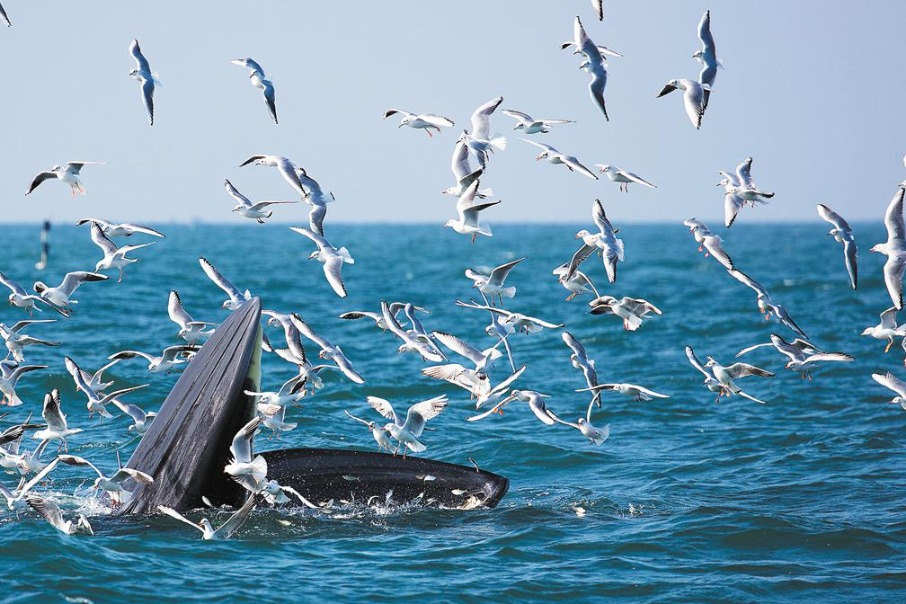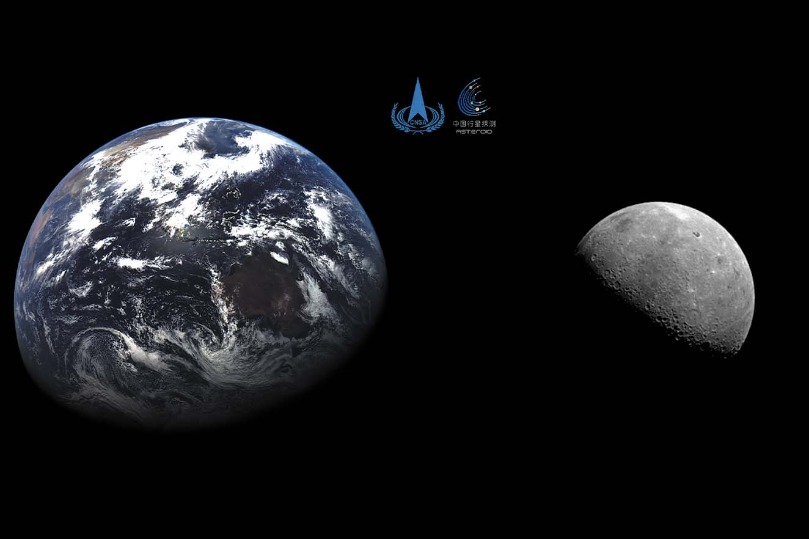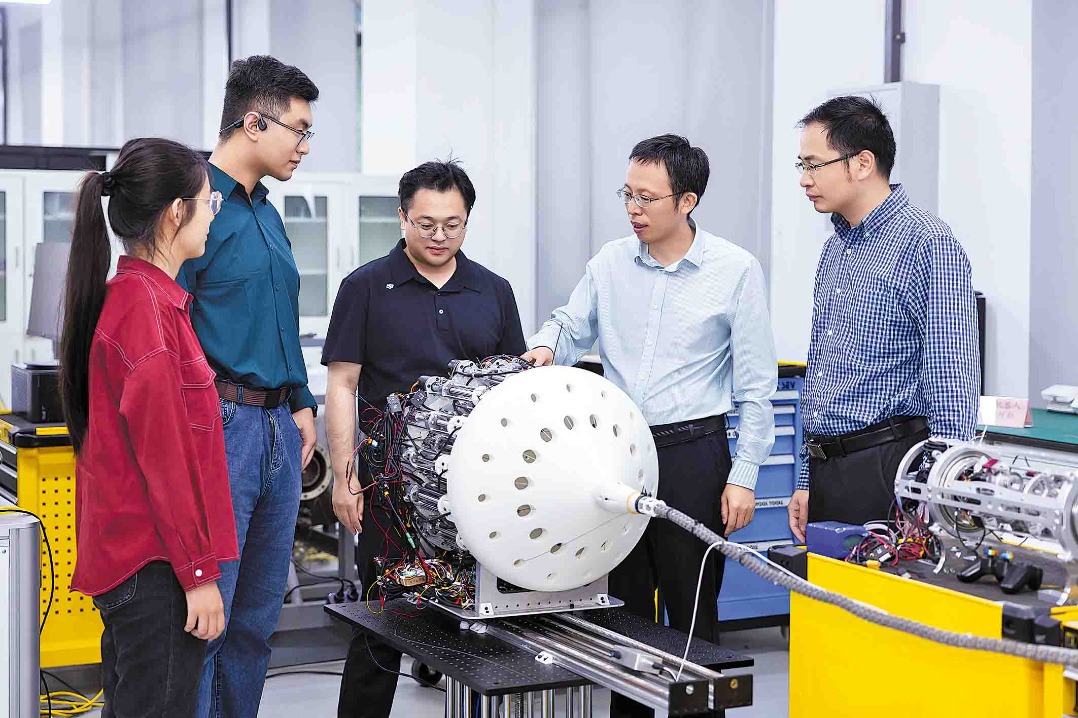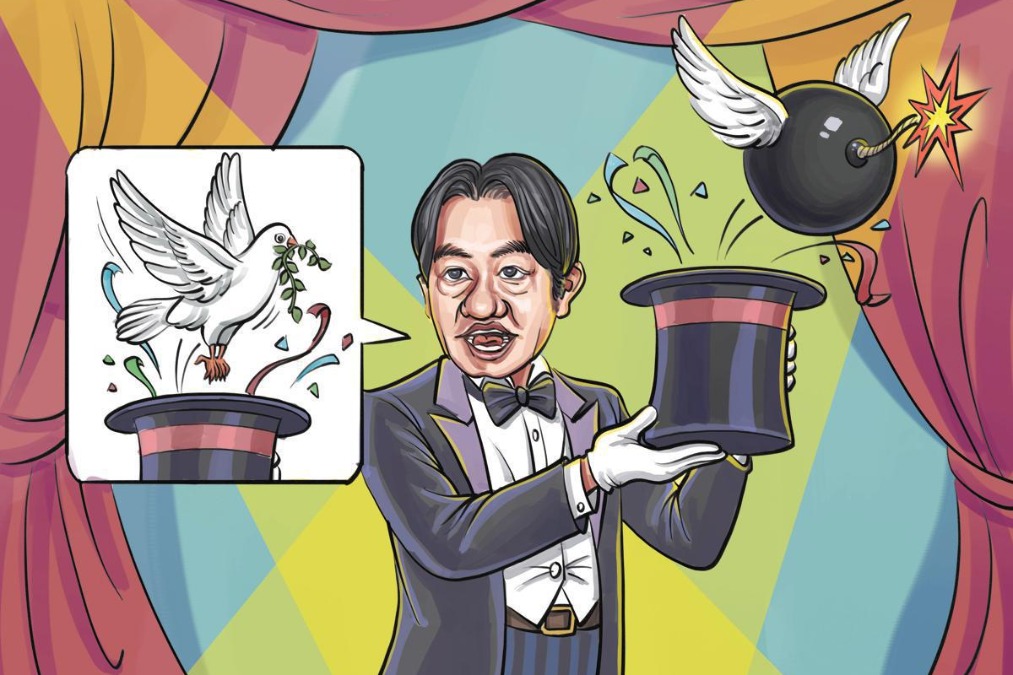End of USAID doesn't end overt weaponizing of US aid: Editorial flash


US Secretary of State Marco Rubio hailed the end of the US Agency for International Development on Tuesday.
It means that the United States' foreign aid, under the current US administration, will take off the mask of the USAID — which claimed its main job was helping less-developed partners address poverty, disease, and humanitarian crises, and promoting sustainable development — and become an undisguised instrument to advance the country's geopolitical agenda in foreign countries, particularly the less-developed ones.
"As of July 1st, USAID will officially cease to implement foreign assistance. Foreign assistance programs that align with administration policies — and which advance American interests — will be administered by the State Department, where they will be delivered with more accountability, strategy, and efficiency," Rubio said.
A review of the USAID's history indicates that although the US has always prided itself on being "the world's largest foreign aid donor", its foreign aid always put its own interests before those of the the receiving parties.
Foreign aid should be an important resource for addressing global development challenges. It should be a means of helping the people of developing countries solve their survival and development challenges. It should promote the attainment of the United Nations' Sustainable Development Goals. It should therefore contribute to world peace, prosperity and stability.
But as a report on US foreign aid issued by the Chinese Foreign Ministry in April last year pointed out, "Being selfish, arrogant, hypocritical and ugly, and wantonly interfering in other countries' internal affairs for its own benefits, US foreign aid has seriously negative impacts on world peace and development".
The history of US foreign aid is riddled with examples exposing the hypocritical nature and baneful influence of "the world's largest foreign aid donor".
Following the end of World War II, US aid focused on strengthening its allies. After the end of the Cold War it was targeted at dividing the nonaligned nations. Maura O'Neill, a former innovation chief at USAID, once said the agency's goal was to "catalyze more South Koreas and less North Koreas".
Throughout the past more than 70 years, the primary goal of US foreign aid has always been to serve its own interests and safeguard its own primacy in global affairs. Goals such as promoting global poverty alleviation and development have always given way to the US' strategic goals.
As US political scientist Hans Morgenthau, the father of the realist theory of international relations, said of US foreign aid policy, "foreign aid is no different from diplomatic or military policy or propaganda. They are all weapons in the political armory of the nation".
That explains why US foreign aid lacks consistency: it usually focuses on projects that it thinks are conducive to advancing the geopolitical purpose of providing the US with a foothold in other countries, only paying lip service to providing true assistance that the less-developed countries need.
Instead, the US has sought to use foreign aid as an instrument to tie developing countries firmly to its dominant financial system, transferring risks and responsibilities to accumulate more opportunities, resources and control for itself, while those recipients of its aid find it increasingly difficult to improve their situation.
Yet as Rubio admitted, decades of US foreign assistance have failed to deliver the desired results for the US to the degree intended, with the outcomes that "instability has often worsened, and anti-American sentiment has only grown".
It is no coincidence that the years that saw a dramatic increase in US foreign aid were also the period of time when poverty, humanitarian crises and conflicts became more prevalent.
The closure of the USAID and the transfer of responsibility for US aid programs to the State Department just remove the institutional veneer for the administration to directly weaponize the country's foreign aid. It is now to be nakedly used as a tool of coercion, exploitation and bullying.
US foreign aid will continue to be one of the tools to maintain the US hegemony. Now the question is: Without the camouflage of the USAID, how far can the administration go in weaponizing its "foreign aid"?


















